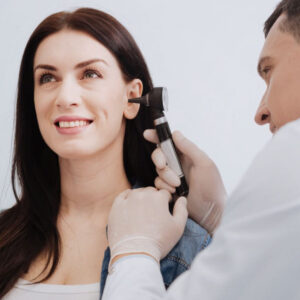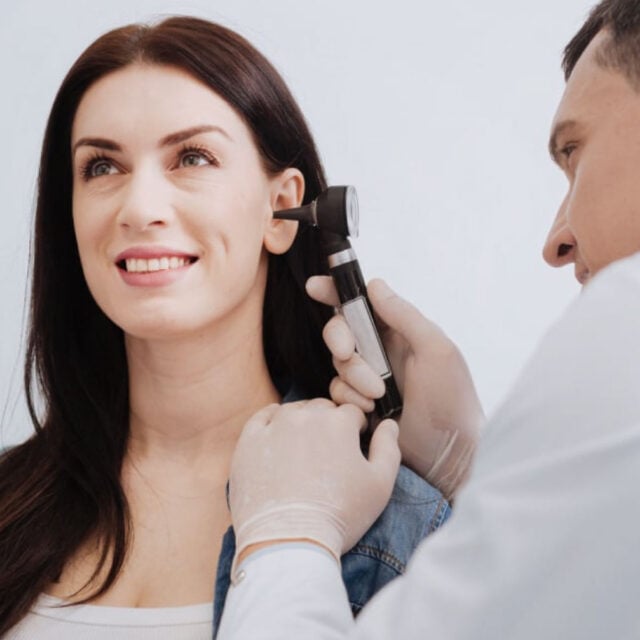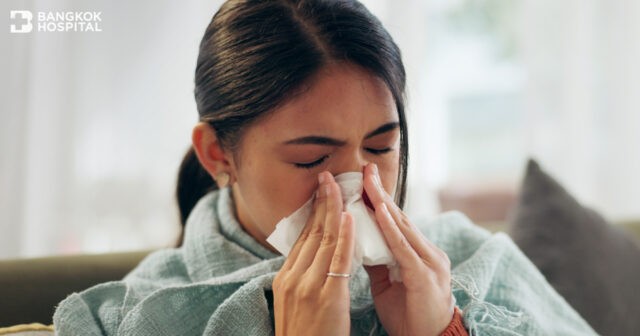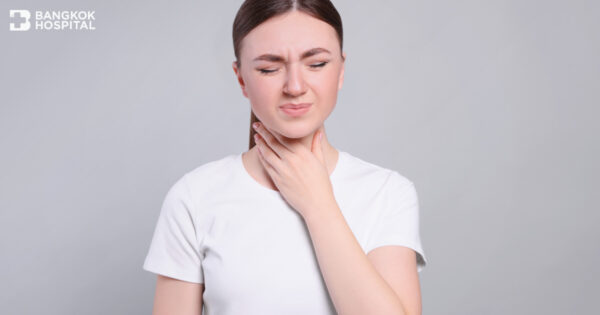As many people may have already discovered, after recovering from COVID-19, the patient’s health may not be fully restored as some organs in the body may not function normally still. Some people’s voice may even change – becoming raspy or softer than before; or the sound of the voice intermittently comes and goes. Knowing the signs and having the condition diagnosed, will help you recover and retain your health properly.
The Causes of Abnormal Voice
There are many reasons for abnormal voice, such as:
- Severe inflammation in the throat and vocal cords while being infected by the Corona virus.
- Persistent coughing, heavy coughs, or chronic coughing
- Frequent forced phlegm expectoration
- Vomits
- A possible consequence of intubation
- Continued lungs malfunctioning
- Tiredness, exhaustion, lack of energy
Diagnosis
- Rigid Endoscopy, Fiber Optic Laryngoscopy: to observe the condition of the larynx and to look for abnormalities while vocalizing.
-
- Rigid Endoscopy is a procedure that uses hard endoscopy tube which is inserted into the oral cavity. The tip of the camera will stay around the uvula area where pictures of the larynx are taken, as the doctor observes on a monitor.
- Fiber Optic Endoscopy is a procedure that uses soft endoscopy which is inserted through the nose down into the throat around Adam’s apple (laryngeal prominence) area where pictures of the larynx are taken, as the doctor observes on a monitor.
These two methods are relatively painless and no anesthetic is required. The patient can also observe the results immediately long with the doctor.
- Chest X-Ray
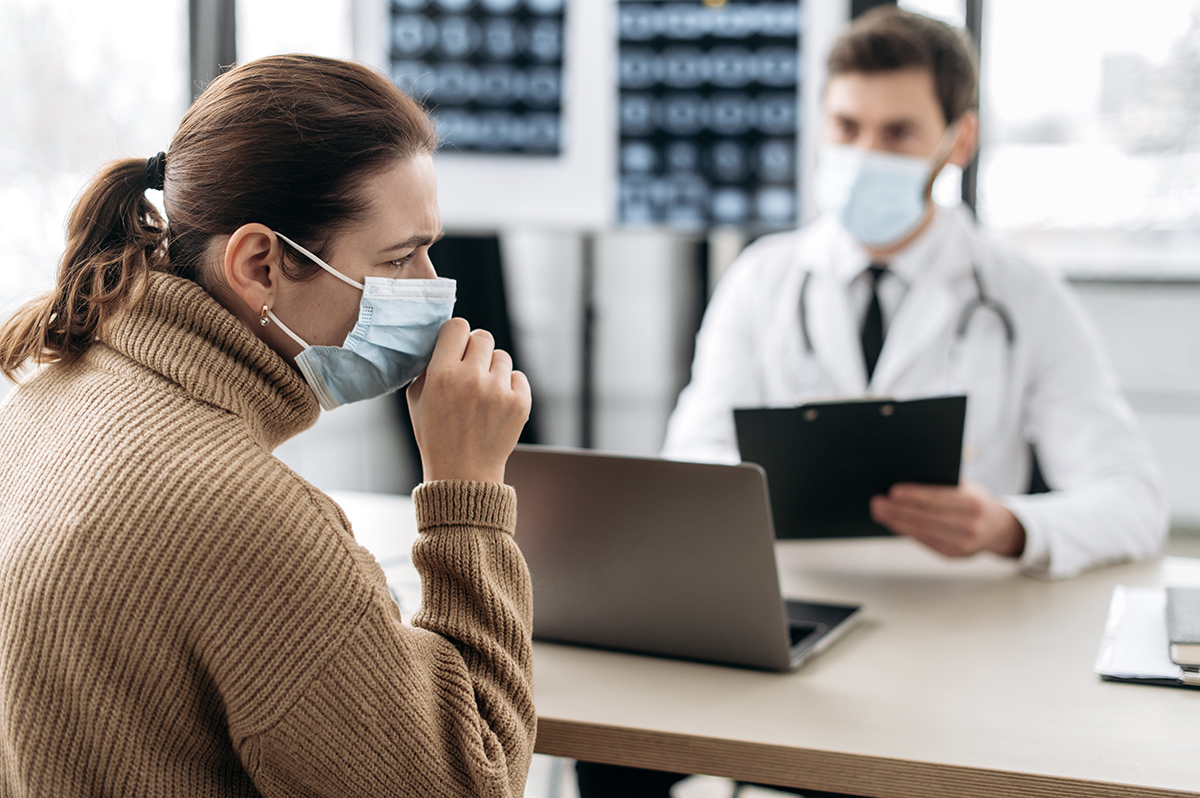
Severity of Dysphonia after Recovering from COVID-19
The severity of dysphonia can range from the slightest change in the voice to such hoarseness that listeners cannot understand, and the patient may become tired and out of breath while speaking.
Treatment
-
- Medications such as antibiotic, pain reliever, cough medicine, expectorants, antiemetics, bronchodilators, etc.
- Rest your voice – do not talk too much or too loudly or force out the sounds, do not sing until your voice is back to normal.
- Speech therapy – practice correct pronunciation to help strengthen your vocal cords.
- Lungs therapy – to stimulate your lungs which will help excretiing phlegm more easily.
- Surgery – in case of tumor or scarring from intubation, as medication may not be able to treat it.
Caring Yourself the Right Way
Initial care for post COVID-19 recovery includes:
- Plenty of rest, avoid heavy workloads, do not exercise excessively
- Do not use your voice unnecessarily
- Drink at least 8 glasses (2Lt.) of water at room temperature every day
- Take medicines as prescribed by your doctor
- Keep your doctor’s appointments strictly
- Observe any unusual symptom
- Immediately seek medical treatment if any abnormal condition occurs – such as coughing up blood, choking, becoming out of breath while speaking
After recovering from COVID-19, if you experience dysphonia or any of its symptoms, you should consult a medical specialist urgently to become healthy again as quickly as possible.


